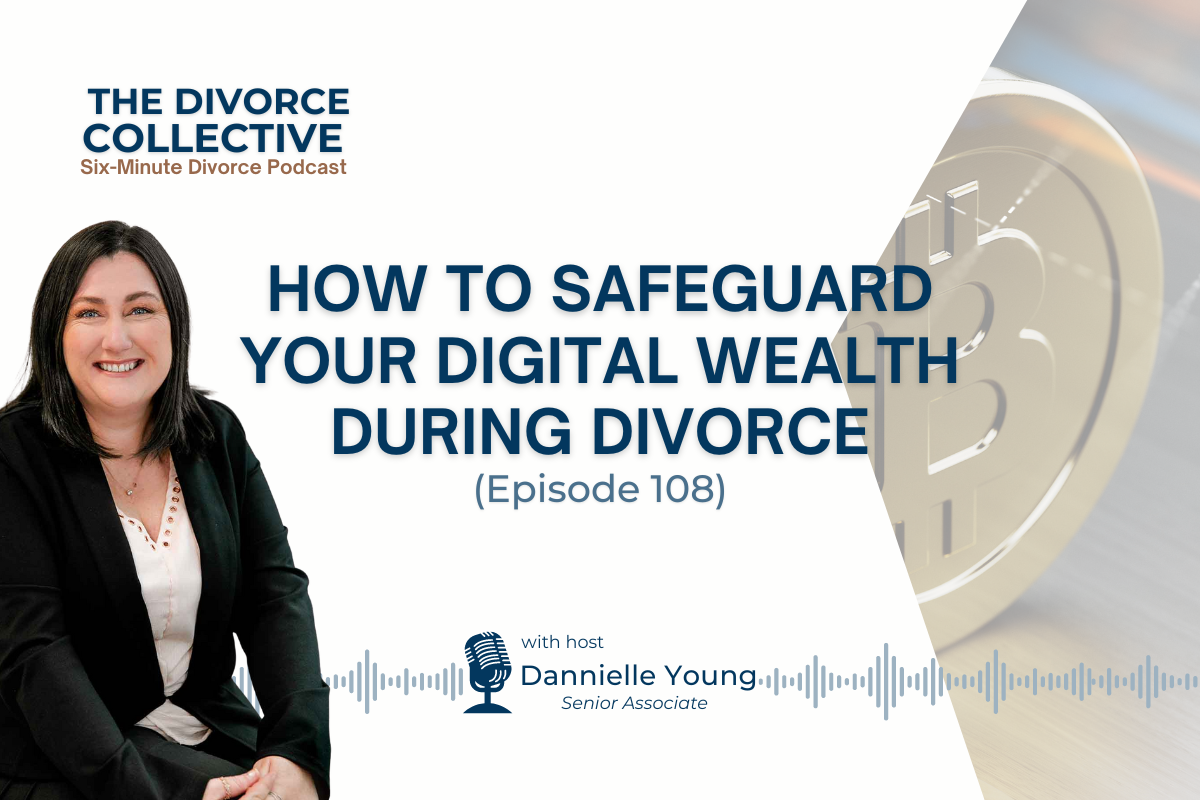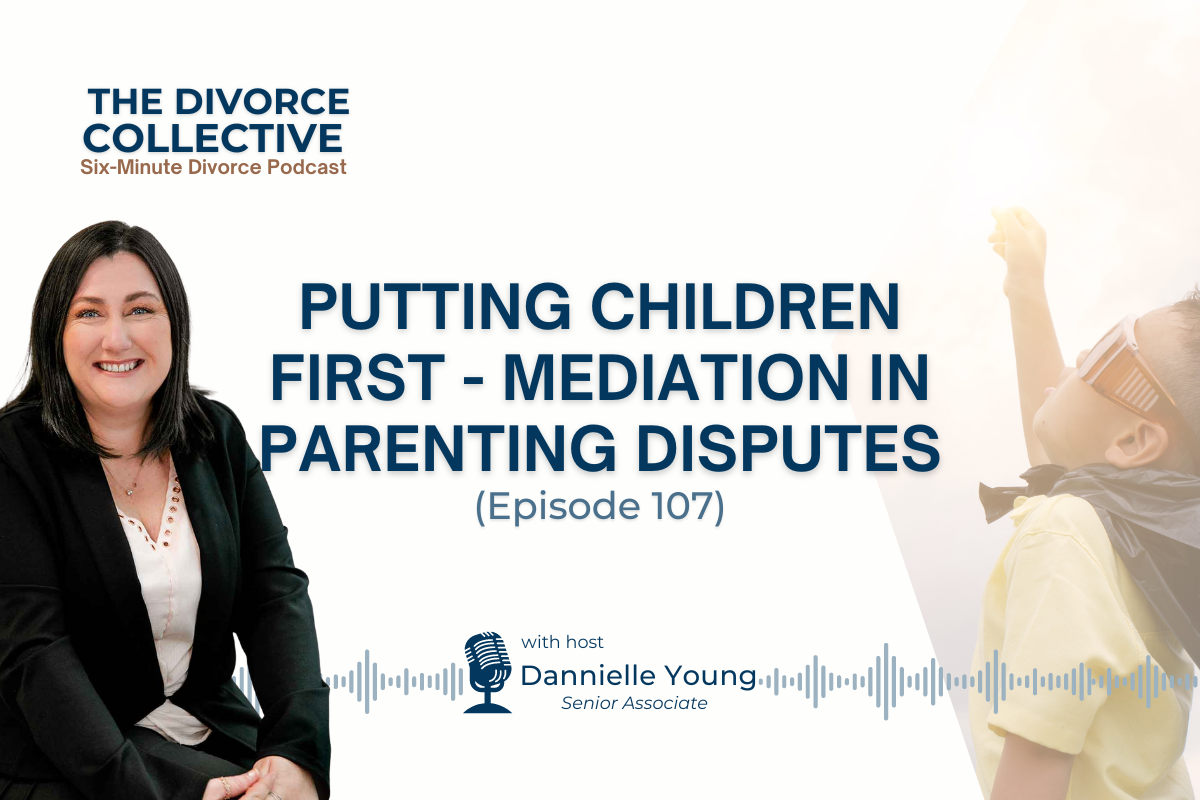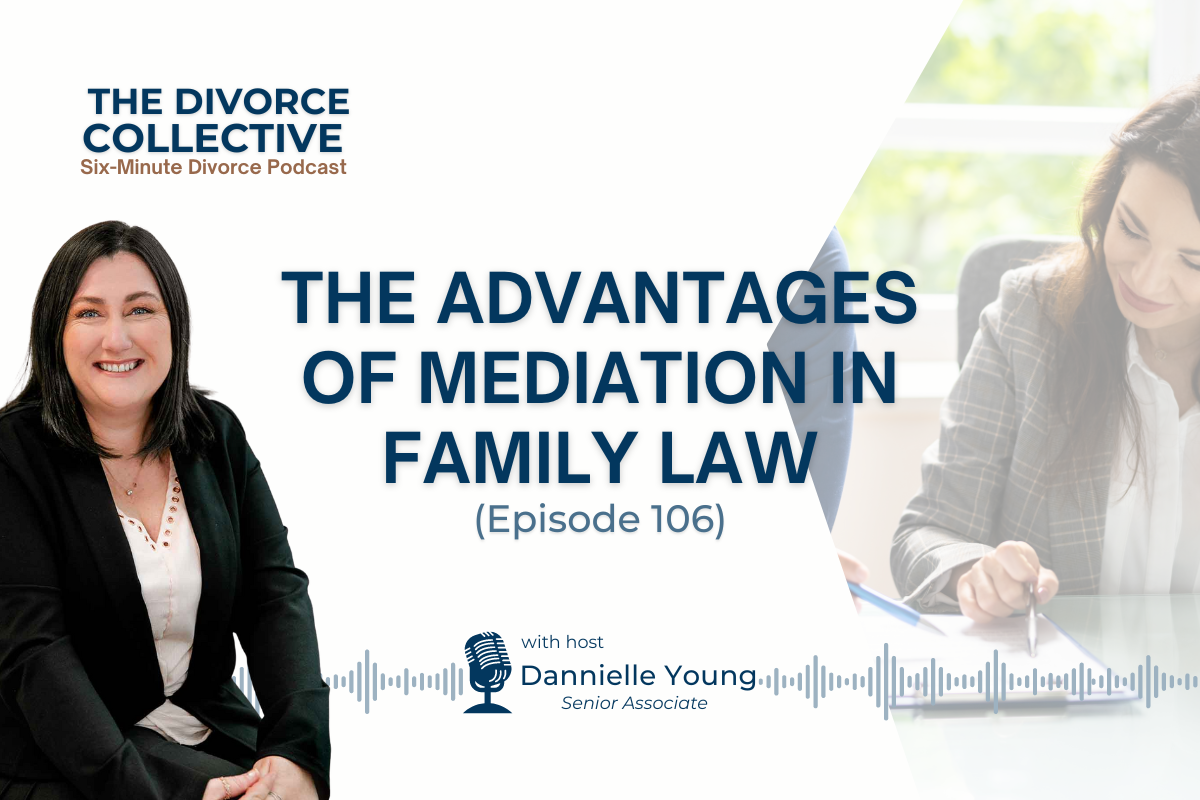When parents receive final parenting orders, often after consulting with a divorce lawyer Gold Coast, they might breathe a sigh of relief, believing that their custody and visitation arrangements are now set in stone. Life, however, is unpredictable, and unforeseen changes can sometimes throw a wrench in the best-laid plans.
What if there’s a significant shift in your life or your child’s that calls for a modification to these existing orders? Today, we’ll delve into ‘final orders’ in family law parenting cases and spotlight how these can be modified in light of substantial changes, ensuring children’s best interests are always forefront.
Final parenting orders, usually orchestrated with the help of Gold Coast divorce lawyers, are court-established frameworks for parenting protocols post a family law verdict. These orders aim to offer both parents and the child a sense of consistency. But life doesn’t always comply with our plans. Significant life changes may necessitate a review and potential alteration of these orders.
The benchmark for such alterations is the Rule of Rice & Asplund, a pivotal 1978 Full Court case. This rule posits that courts should not consider a modification application unless a significant change in circumstances has occurred, or some previously undisclosed material factor emerges, warranting a shift from the earlier deemed ‘best interests of the children’.
‘Significant changes’ mean impactful shifts that perturb the existing parenting equilibrium. These might encompass:
- Relocation: Perhaps a parent intends to move, which disrupts visitation schedules.
- Employment Changes: Career alterations, whether job shifts or losses, that realign parenting timetables.
- Health Issues: Newly emerging health conditions in a parent or child that demand order reconsiderations.
- Educational or Emotional Needs of the Child: Alterations in a child’s learning or emotional requisites may call for order tweaks.
Given such changes, courts, through the Family Law Act’s s65D(2), can revise or nullify a previous parenting order. Yet, courts are often reluctant to amend final orders without concrete reasons. The onus falls on the parent pushing for the change to prove its significance. They must amass convincing evidence, advocating for the child’s paramount interest.
Modifying final parenting orders is intricate and emotionally taxing. To navigate this, remember:
- Engage a Proficient Family Law Solicitor: Tap into the knowledge of a family law solicitor Gold Coast from the Collective Family Law Group Team for guidance.
- Mediation: Prioritise mediation before court proceedings for a harmonious resolution approach.
- Court Application: If mediation fails, resort to court applications. Your solicitor can steer this.
- Present Your Case: In court, showcase your evidence, underscoring the child’s optimal interest.
A ‘significant change in circumstances’ doesn’t automatically modify orders. But with the Collective Family Law Group Team’s aid, this legal maze becomes navigable, always centring on the child’s best interest. Flexibility, coupled with the child’s shifting needs, often culminates in favourable outcomes for all parties.
At Collective Family Law Group, we’re unwavering in offering expert legal advice in all family law facets, including order modifications due to significant shifts. If you need support or have queries about your situation, we’re here. Contact our seasoned family law solicitors Gold Coast at our Gold Coast, Brisbane, or Cleveland offices or via Zoom.
Schedule a family law consultation FREE 45-minute initial meeting with us now, and let’s collaboratively address your family law challenges.
FAQs:
-
What constitutes a ‘significant change in circumstances’ in family law?
A significant change refers to major alterations like relocation, job changes, health conditions, or shifts in the child’s educational/emotional needs that impact current parenting arrangements.
-
Can I make minor adjustments to parenting orders without going to court?
For minor adjustments, mediation is recommended. If both parties agree, there might be no need for court. However, for binding changes, legal procedures might be required.
-
How long does it typically take to modify a parenting order?
The timeframe varies based on the case’s complexity, evidence presented, and court schedules. Consulting with a divorce lawyer Gold Coast can provide an estimated timeline.





